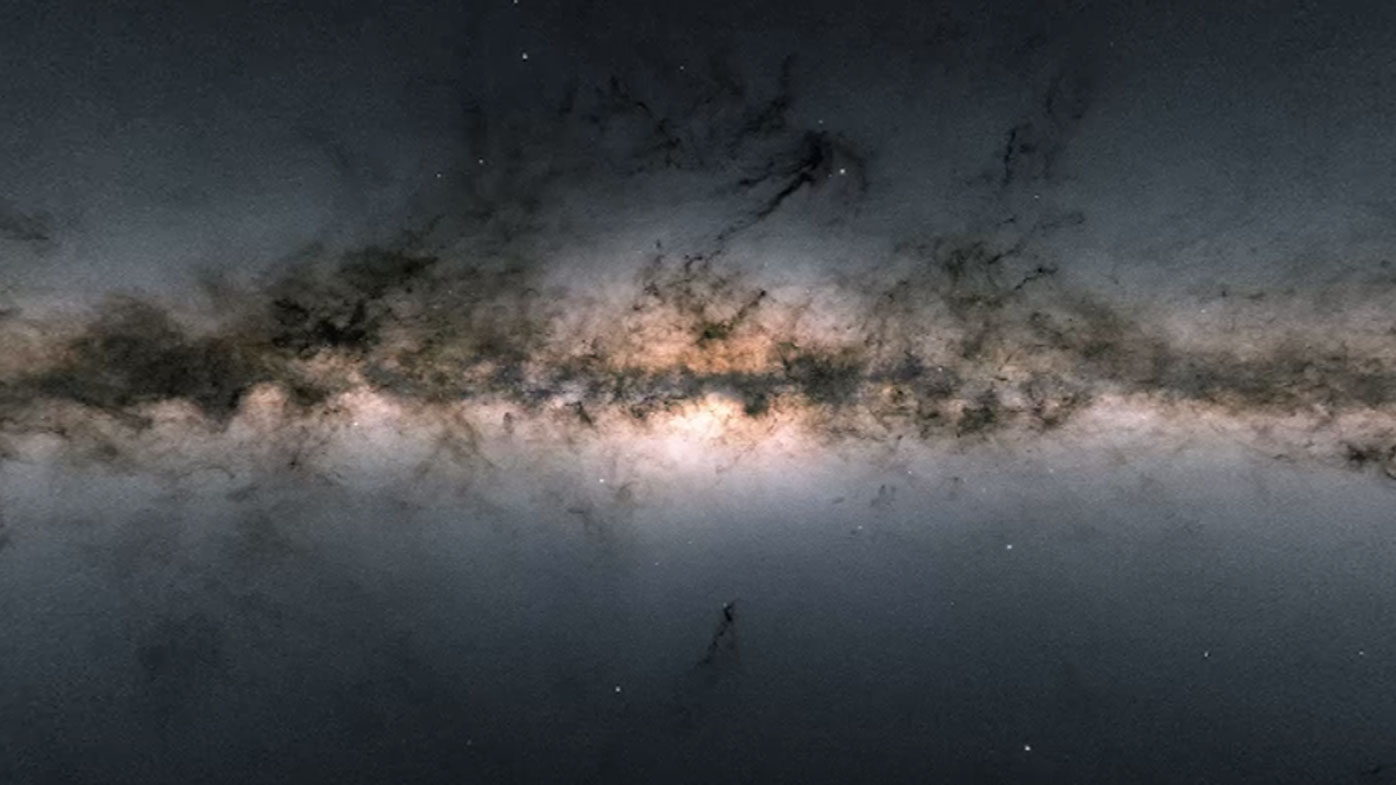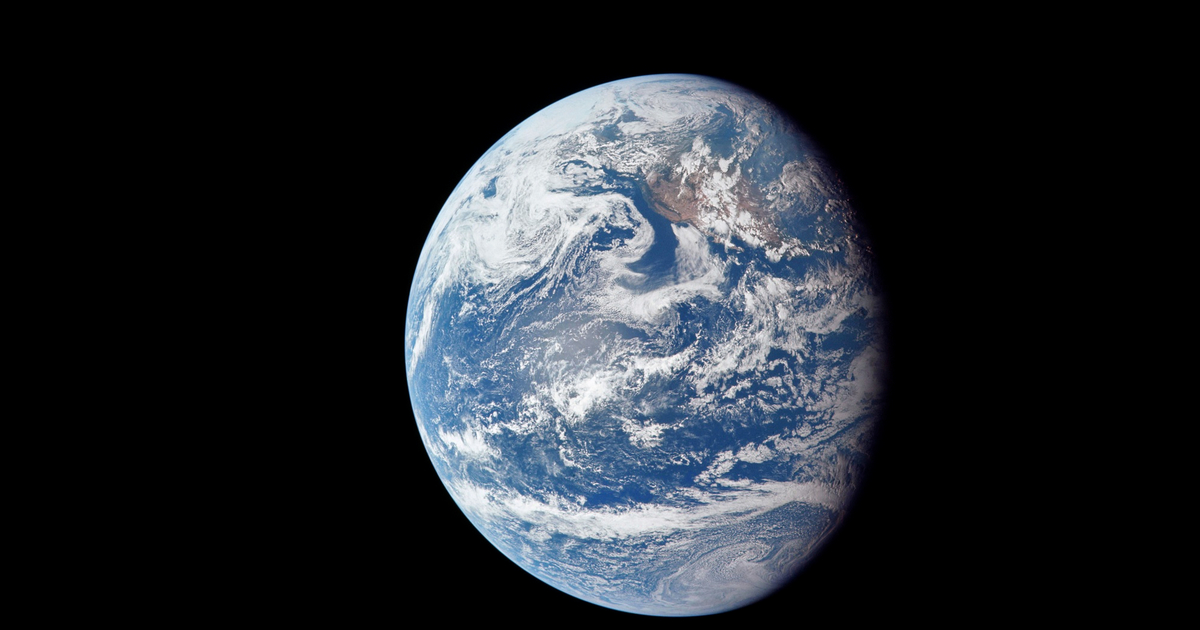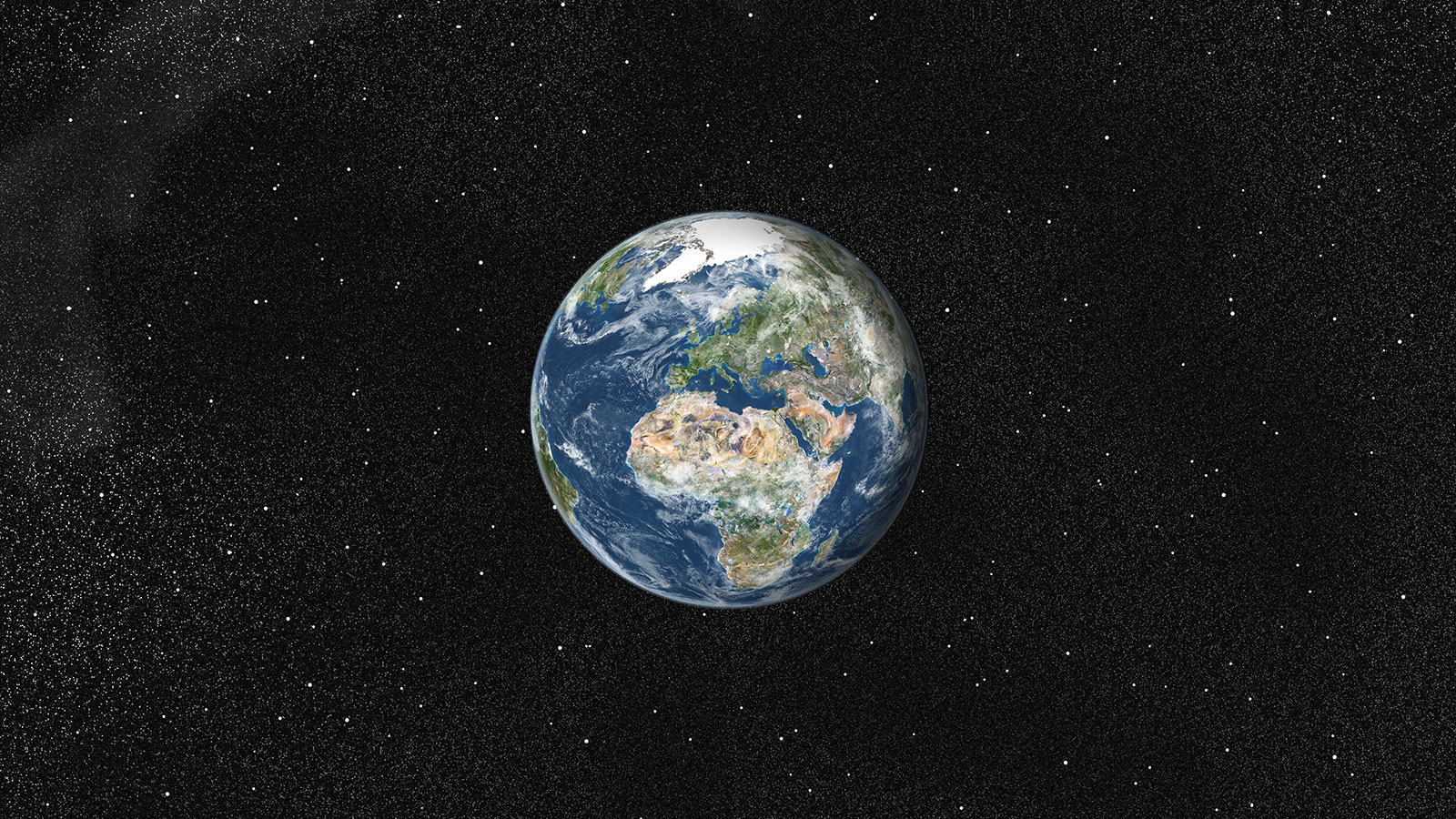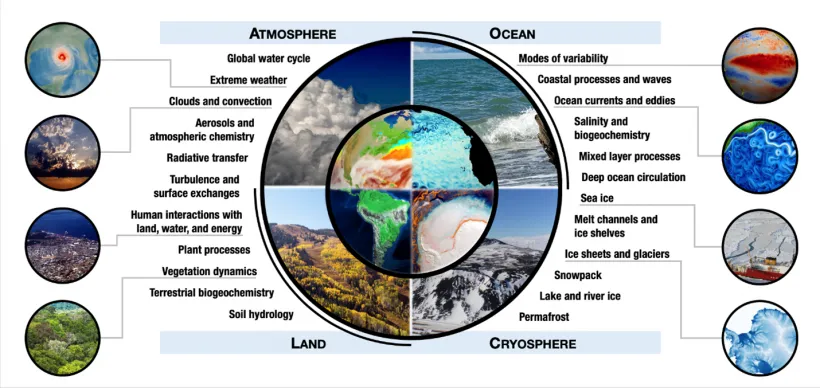The Gaia Hypothesis, a provocative scientific theory, proposes that Earth functions as a single, self-regulating organism. This concept, named after the ancient Greek goddess of the Earth, suggests that living organisms interact with their inorganic surroundings – the atmosphere, oceans, and rocks – to form a complex system that maintains conditions suitable for life.
Key Concepts of the Gaia Hypothesis:
- Homeostasis: The Gaia Hypothesis posits that Earth actively maintains conditions for life through a series of feedback mechanisms. For example, the rise of oxygen in the atmosphere, initially produced by photosynthetic organisms, may have been a key factor in regulating global temperatures.
- Biosphere Regulation: Living organisms play a crucial role in regulating Earth’s environment. Plants, through photosynthesis, remove carbon dioxide from the atmosphere and release oxygen. Microorganisms play vital roles in nutrient cycling and the breakdown of organic matter.
- Planetary-Scale Feedbacks: The Gaia Hypothesis suggests that there are complex feedback loops operating at a planetary scale. For instance, changes in atmospheric composition can influence climate, which in turn affects the distribution and abundance of life, which then further modifies the environment.
Scientific Perspectives:
- Support: Some scientists support the Gaia Hypothesis, citing evidence of Earth’s remarkable stability in maintaining habitable conditions over geological timescales. They point to examples such as the regulation of atmospheric oxygen levels and the global carbon cycle as evidence of Earth’s self-regulating capacity.
- Criticism: Other scientists argue that the Gaia Hypothesis oversimplifies the complexity of Earth’s systems and that many of the observed phenomena can be explained by other mechanisms, such as physical and chemical processes.
Implications of the Gaia Hypothesis:
Regardless of its specific scientific validity, the Gaia Hypothesis has profound implications for our understanding of the Earth and our relationship with it. It emphasizes the interconnectedness of all living things and their environment, highlighting the importance of maintaining the delicate balance of Earth’s systems.
Conclusion:
The Gaia Hypothesis, while still a subject of scientific debate, offers a powerful framework for understanding the intricate relationships between life and the Earth. It encourages us to view our planet as a complex and interconnected system, where every action has consequences, and to recognize our responsibility as stewards of this unique and precious planet.
Disclaimer: This article explores the Gaia Hypothesis, a scientific concept with ongoing debate and discussion within the scientific community.
Note: This content explores a scientific theory and should be considered within the context of ongoing scientific research and discussion.



